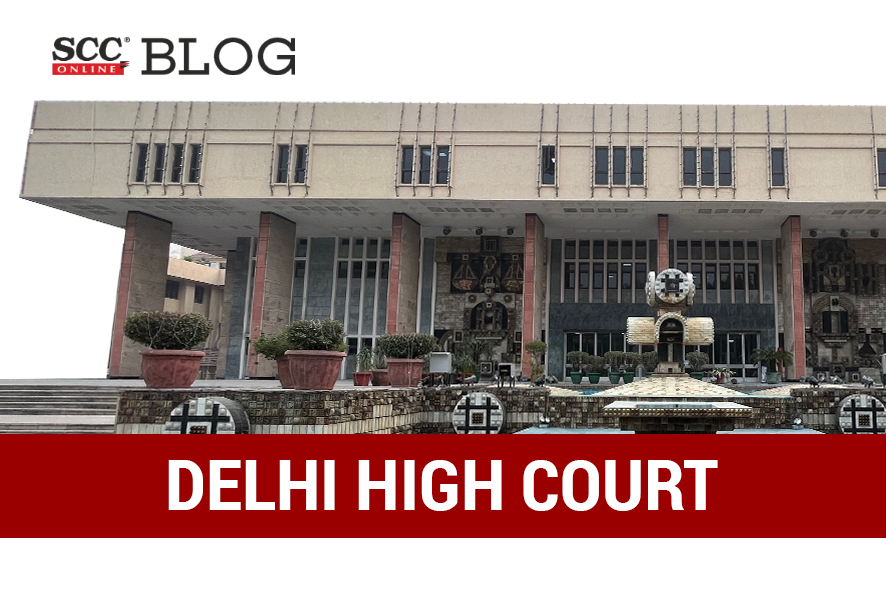Delhi High Court: The petitioner challenged the order passed by the Central Information Commission (‘CIC’) dated 22-11-2016 imposing a penalty of INR 25,000/- on the Public Information Officer (‘PIO’). While exercising its writ jurisdiction, the single Judge Bench of Pratibha M. Singh, J., observed that restricting the right to information only to citizens would be contrary to the Constitution of India and Section 3 of Right to Information Act, 2005 (‘RTI’) would have to be read as a ‘positive recognition of the right in favour of citizens but not as a prohibition against non-citizens.’
In the matter at hand, the respondent had sought information relating to his confirmation letter of employment, Children Education Allowance, All India LTC benefit etc. to which the petitioner replied stating that he would not be entitled to invoke the provisions of RTI. The appeal against the order passed by PIO was rejected by the Appellate Authority. However, in second appeal, the CIC directed the authority to provide the information to the teacher and accordingly held that the petitioner’s conduct was mala fide and malicious which was founded on baseless suspicions about the citizenship of the teacher. Accordingly, the Commission imposed a penalty of INR 25,000 on the petitioner, which was under challenge.
The Bench navigated through Article 21 of the Constitution of India which encompassed Right to Life which was available to all persons. The Proviso to Section 7(1) of the RTI Act contemplated information relating to life or liberty of a person to be disclosed within 48 hours, thereby stressing on the need for disclosing such information with alacrity and promptness.
The Bench disagreeing with the decision of the Madras High Court in K.K.C. Balaganesan v. Managing Director, Tamil Nadu Generation and Distribution Corporation Limited W.P.(MD) No. 19811 of 2013 and M.P (MD) No. 1 of 2013 stated that there were several areas where non-citizens who were serving as a teacher in India in a Tibetan School sought Information like in the present case. It could not be held that there was an absolute bar on such persons to such information. Thus, the CIC was right in holding that there was no absolute prohibition if the authority deemed it fit to disclose the information.
The Court stated that in cases where public authorities dealt with issues concerning non-citizens, they could not be disabled from seeking the said information under the RTI Act.
The Bench stated that restricting the right to information to only citizens without any discernible distinction would be contrary to sprit of the Constitution as well as to the RTI Act. Thus, opined that RTI ought to be available to citizens and non-citizens depending upon the kind of information, which was sought, and the recognition of the rights guaranteed to such class of persons under the Constitution of India. The Court stated that Section 3 would therefore have to be read as positive recognition of the right in favour of citizens but not as a prohibition against non-citizens.
The Bench opined that the PIO’s approach of assuming that a non-citizen would not be entitled to information under the RTI Act could not be held to be malicious merely on the ground that information was initially rejected as the respondent had declared himself to be a Tibetan National. Accordingly, the imposition of penalty was set aside.
With the above observation, the petition was allowed.
[A.S. Rawat v Dawa Tashi, 2023 SCC OnLine Del 1504, decided on 13-03-2023]
Advocates who appeared in this case:
For the Petitioner- Advocate Jyoti Dutt Sharma, Advocate CK Bhatt and Advocate Ayush Bhatt.






